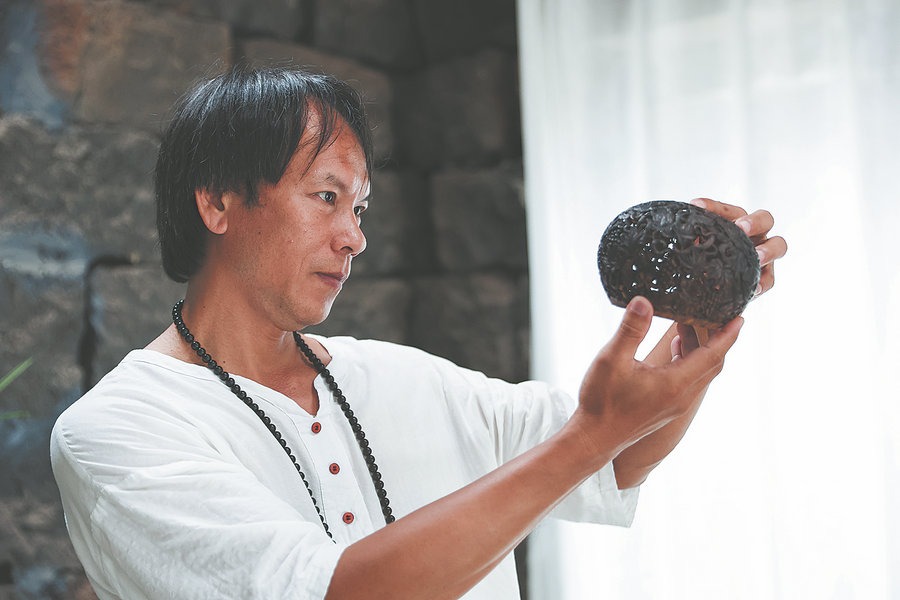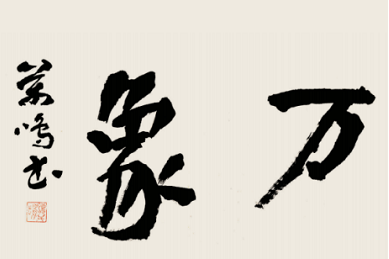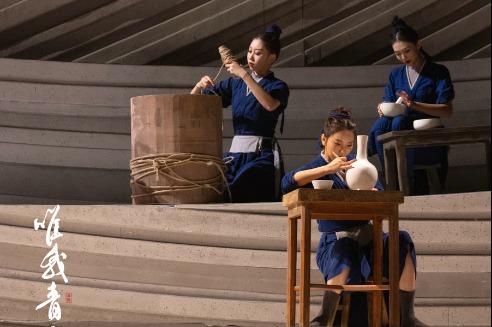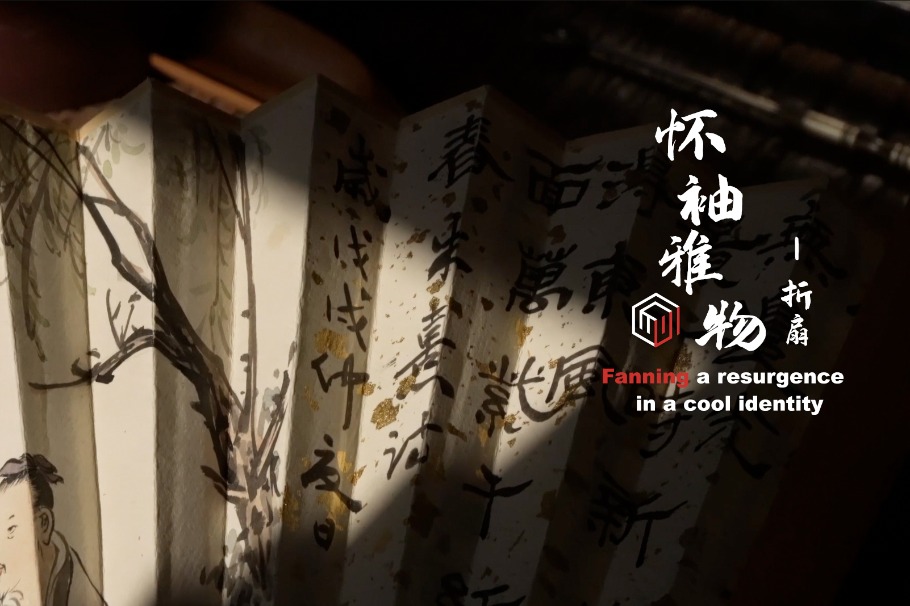Games where mortals become immortal


If there's one single incident in Homer's Iliad that best underscores the epic poem's themes of friendship, honor and vengeance, it's the death of Patroclus, Achilles' closest companion who was killed by Hector, the Trojan prince, during the Trojan War.
One of the most famous conflicts in ancient Greek mythology and literature, the Trojan War saw Greeks fighting the Trojans for 10 bloody years, with gods and goddesses taking their own sides. At one point, Achilles, the greatest Greek warrior, withdrew from battle due to a dispute with the leader of the Greek forces, Agamemnon.
Seeing the Greeks struggling and the Trojans advancing, Patroclus took to leading the Greek warriors wearing Achilles' armor, before he was challenged by Hector who delivered his fatal blows.
Overcome with sorrow and rage, Achilles returned to the battle to avenge the death of his dear friend. He killed Hector in a dramatic duel before dragging the latter's body with his chariot around the tomb of Patroclus. The scene, vividly and gorily depicted by Homer, can be found on the painted surface of a Greek vase dating to the late 6th century BC that is on display at an exhibition held at the Nanjing Museum.
"Achilles then went on to honor his friend the Greek way, by organizing elaborate games in his name that included chariot racing, boxing, wrestling and other athletic competitions," says Guan Lin, curator of the Nanjing exhibition Ancient Greek Civilization — the Glory of the Aegean Sea, which features more than 270 pieces from 14 museums and cultural organizations in Greece.
Touching almost all aspects of ancient Greek culture, which derived its compelling narrative from a combination of mythology and history, the show has among its main themes the crucial role physical training and sporting games played.

One prominent example concerns the origin of the Olympic Games. Greek mythology has it that the Games, taking place annually in the town of Olympia on the Peloponnese Peninsula in Greece, were first held by Heracles (also known as Hercules), the son Zeus had with a mortal woman.
From birth, Heracles was subjected to the relentless hatred of Hera, the powerful wife of Zeus, whose most devastating act of vengeance came when she drove Heracles mad, causing him to kill his wife and their children. As atonement and redemption, Heracles was subjected to a series of nearly impossible tasks known as the Twelve Labors, upon the completion of which he founded the games to honor his father and to commemorate his own endeavor, which could only be called herculean.
Having offered little protection to his much-tormented son before his tragic and violent death — Heracles set himself ablaze having endured enormous pain after being poisoned — Zeus, the philandering father and king of all Greek gods, did grant Heracles immortality, making him a deity on Mount Olympus.
"On one hand, the image of Heracles is an embodiment of male power and virility; on the other, his life, a constant struggle against all the toil and torture inflicted upon him, provides a supreme example of heroism, with its inbuilt sense of tragedy and nobility," says Guan.
"The two aspects combine to make Heracles the athletic ideal."
There's another layer of meaning to the story. Heracles was also held by Greek mythology as the first hero to sail the seas. Being worshiped as the divine protector of seafarers, he symbolizes the ambition and efforts of the ancient Greeks to tame and ply the ocean.
Another Greek god, although much less valiant, associated with athleticism is Hermes, son of — not surprisingly — Zeus and another of his lovers. Able to move quickly and freely between the worlds of the mortal and the divine aided by his winged sandals, Hermes, thanks to his speed and agility, became a patron of travelers, messengers and athletes.

During the sporting games, winners were presented with wreaths woven of laurel or olive tree branches. While the former was sacred to Apollo, the latter was symbolic of Athena — both children Zeus had outside his marriage with Hera.
According to Greek mythology, Athena, competing with the sea god Poseidon for the honor to be the patron deity of Athens, planted an olive tree and successfully won the locals' hearts and minds. Vases filled with olive oil were awarded to the winners of the athletic and equestrian competitions, especially those held in honor of Athena.
At the Nanjing Museum exhibition, the head of Apollo wearing a laurel wreath appears on one side of a gold Greek coin dating to early 4th century BC. On the other side, the legendary Macedonian King Philip II, with goad in one hand and reins in the other, is driving his two-horse chariot to victory during the Olympic Games of 356 BC.
The king also appeared as a chariot driver on a silver coin dating to around the same time that is on view at the exhibition. On this one, the head of Zeus appears on the reverse side.
Known as Staters, the coins, widely circulated throughout the Mediterraneans both for large economic transactions and as a store of wealth, had contributed to the spread of Greek culture and influence, something that the Macedonian king was highly aware of.
According to Greek biographer Plutarch, Philip II, the unifier of the Greek city-states, and his horse were victorious in the single horse race at the Olympic Games the same year that his son Alexander was born. The boy is remembered as Alexander the Great, responsible for creating one of history's largest empires and for spreading Greek culture throughout his conquered territory.
The death of Alexander the Great in 323 BC set in motion a gradual decline of the Greek culture, which culminated with the Roman conquest of Greece in 31 BC. In 393, the ancient Olympic Games were banned by Roman Emperor Theodosius I as part of a broader effort to suppress pagan practices and promote Christianity.
However, Heracles, who had a difficult life but eventually gained immortality, had somehow evoked the Christian idea of reward in heaven for sufferings sustained on Earth, says the curator.
Despite his destructive strength, the hero-god was worshiped, first and foremost, as a champion, a guardian and a peace-lover, if one listens to a hymn of the 6th century BC:
"Heracles, noble of soul, mighty in power… defender of all … you reassure people by driving out wild beasts and by your desire for nurturing greatly honored peace …"





































